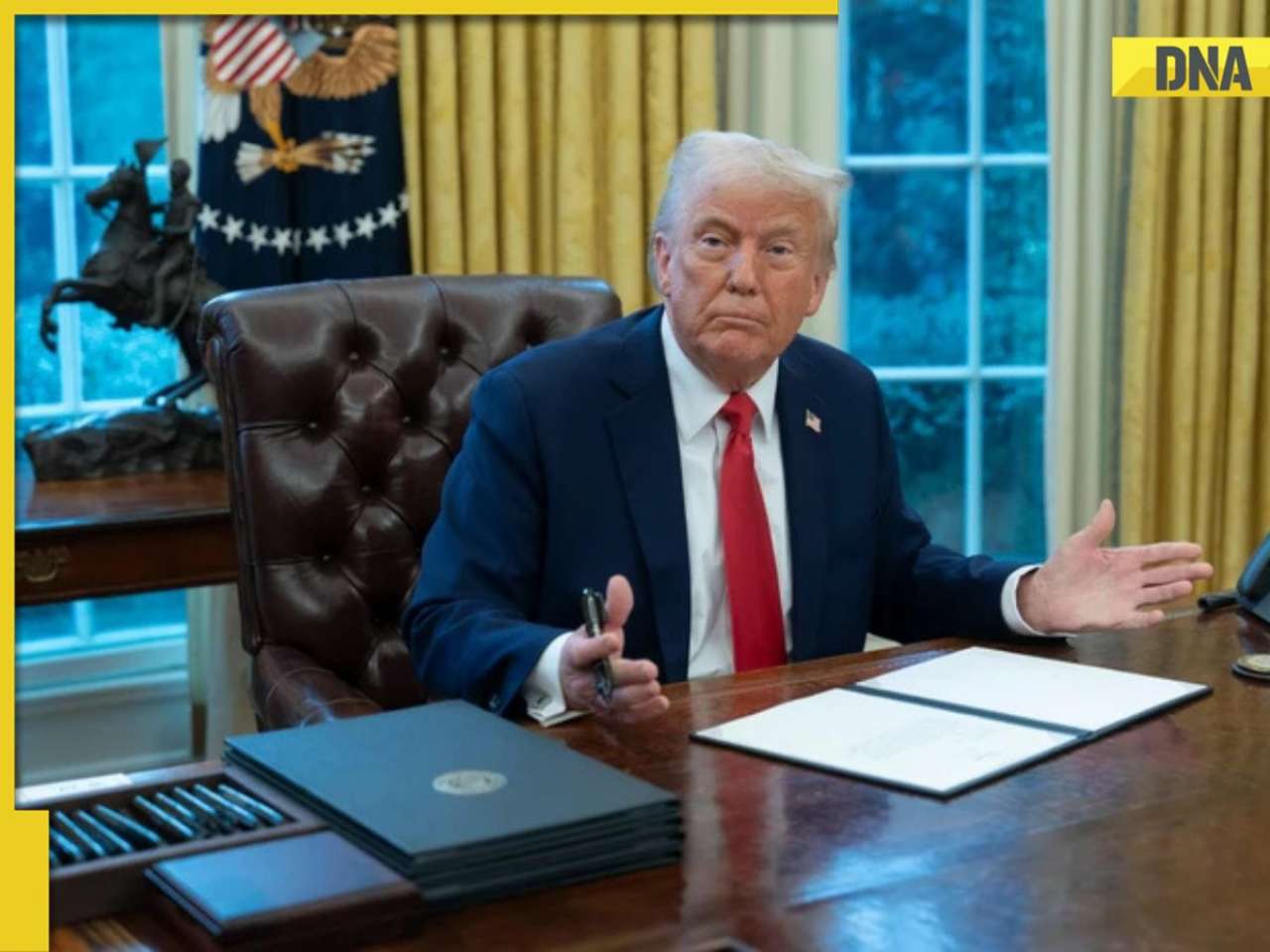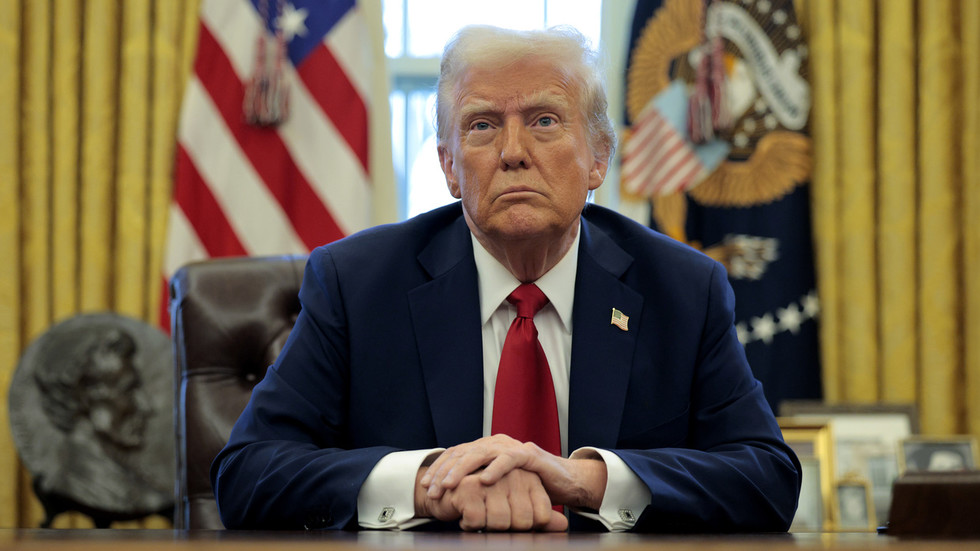It's Time for Digital Justice
The recent BRICS declaration on artificial intelligence marks a critical shift in the global digital agenda. In their joint statement, BRICS leaders reaffirmed each nation’s sovereign right to develop and govern digital technologies, particularly AI, in alignment with domestic priorities and legal frameworks. They called for strengthened capacity-building, robust data governance, and technological autonomy, stating: “We firmly support the right of all countries to harness the benefits of the digital economy… to develop capacities in AI research, foster technological autonomy and innovation, ensure data protection, and promote their own digital economy.”
This affirmation is welcome and timely. Yet, in the face of growing digital inequality, platform gatekeeping, and regulatory imbalance, should we not be thinking about how to move beyond high-level diplomacy toward more tangible, enforceable measures? Perhaps the time has come to complement vision with action and to consider what digital justice might truly look like in practice.
Across the Global South, from township entrepreneurs in South Africa to fintech innovators in Latin America, startup ecosystems remain stifled by structural imbalances in the digital economy. The current rules of engagement, largely dictated by dominant platform companies, are neither inclusive nor equitable. As a member of the SU20 Foundation and Alliance Task Force, I believe we must now reimagine global digital governance through a justice lens. This means embedding fairness, inclusion, and startup-led innovation at the core of every digital transformation policy and programme.
South Africa has an important role to play. Not only must we advance our domestic innovation ecosystem, but we must also advocate globally on behalf of underserved regions still waiting to be seen, heard, and funded. The SU20 Digital Transformation Workstream outlines a concrete path forward. It proposes that we fund the Startup Fund at scale to enable meaningful participation in the digital economy. Emerging innovators must have access to early-stage, patient capital that prioritises inclusion and impact. It also proposes that we enforce platform compliance through regulatory agencies, ensuring dominant platforms are held accountable through effective, transparent, and independent oversight. Furthermore, the workstream recommends embedding public-private startup labs within digital transformation programmes. These labs can serve as co-creation spaces that bring together government, entrepreneurs, and civil society to solve real-world problems using local insight and scalable technology.
Perhaps the most significant contribution of the SU20 agenda is the proposed Digital Competition Compact. This is a landmark framework that introduces new global standards for digital fairness. The Compact establishes that platforms must not be allowed to preference their products over third-party services. It affirms that fair and open API access must be guaranteed, ensuring interoperability and innovation. It further calls for digital procurement processes to be reformed so that startups and emerging market innovators are included as a matter of policy, not exception.
This is not an anti-technology stance. It is a pro-market, pro-competition, and pro-equity proposition. When civic technologies or early-stage startups are denied platform access or squeezed out of procurement processes by legacy players, we are no longer operating in a free and fair digital marketplace. We are reinforcing monopolistic behaviour.
South Africa has both the moral authority and institutional experience to lead this agenda. As a country that understands the long-term effects of systemic exclusion, we must ensure our voice is prominent in shaping global digital rules. We should be among the first to adopt and promote the Digital Competition Compact. We should build and scale our Startup Fund. And we should institutionalise startup labs as core elements of government-led digital reform. In doing so, we will not only empower our own entrepreneurs. We will inspire a shift in how the global economy values innovation from the Global South.
Diplomatic engagement has laid important foundations. But as digital inequalities deepen and platform control tightens, we must now choose justice. Not as an abstract ideal, but as a measurable, enforceable, and globally aligned principle. The digital economy must serve everyone, not just the privileged few. If the next billion internet users are to thrive, they must be empowered as creators, not just consumers.
The era of digital diplomacy has passed. This is the era of digital justice.
is the Founder of GovChat and Suppple PLC, a Professor of Practice at the Johannesburg Business School, and a member of the SU20 Foundation and Alliance Task Force.
You may also like...
Diddy's Legal Troubles & Racketeering Trial

Music mogul Sean 'Diddy' Combs was acquitted of sex trafficking and racketeering charges but convicted on transportation...
Thomas Partey Faces Rape & Sexual Assault Charges

Former Arsenal midfielder Thomas Partey has been formally charged with multiple counts of rape and sexual assault by UK ...
Nigeria Universities Changes Admission Policies

JAMB has clarified its admission policies, rectifying a student's status, reiterating the necessity of its Central Admis...
Ghana's Economic Reforms & Gold Sector Initiatives

Ghana is undertaking a comprehensive economic overhaul with President John Dramani Mahama's 24-Hour Economy and Accelera...
WAFCON 2024 African Women's Football Tournament

The 2024 Women's Africa Cup of Nations opened with thrilling matches, seeing Nigeria's Super Falcons secure a dominant 3...
Emergence & Dynamics of Nigeria's ADC Coalition

A new opposition coalition, led by the African Democratic Congress (ADC), is emerging to challenge President Bola Ahmed ...
Demise of Olubadan of Ibadanland
Oba Owolabi Olakulehin, the 43rd Olubadan of Ibadanland, has died at 90, concluding a life of distinguished service in t...
Death of Nigerian Goalkeeping Legend Peter Rufai

Nigerian football mourns the death of legendary Super Eagles goalkeeper Peter Rufai, who passed away at 61. Known as 'Do...




